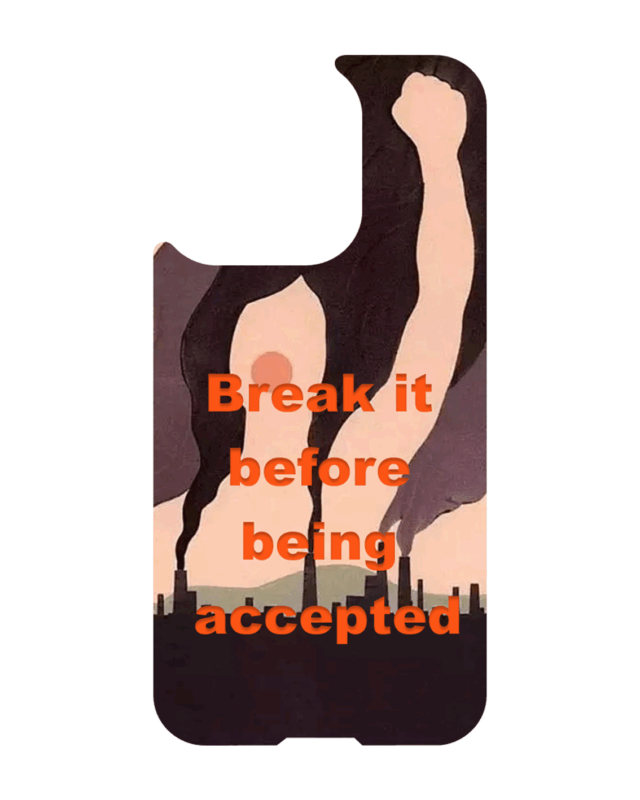FREE SHIPPING! U.S. Orders $39.99+
Setting Boundaries: The Hidden Link Between Emotions and Self-Respect
Why Emotional Boundaries Matter for Self-Respect
Setting emotional boundaries is key to self-respect and emotional health. Every relationship—romantic, family, work—runs on invisible agreements…Every relationship—romantic, family, work—runs on invisible agreements. Boundaries are those invisible lines. Without emotional boundaries, emotions are constantly invaded, leaving us drained, resentful, or silent. Setting emotional boundaries isn’t selfish; it’s an act of emotional health and the beginning of true self-respect. Sometimes it starts with the courage of simply saying no.
When someone says “You’re too sensitive” after you express discomfort, they are not describing you—they are testing your boundaries. Respecting that inner signal and responding is how self-respect begins.Practicing emotional boundaries is not only an act of self-respect but also a foundation of emotional health.
Emotional Boundaries and Self-Respect
Self-respect isn’t built overnight. It’s reinforced every time you say:
- “This doesn’t feel right.”
- “I need space.”
- “No.”
Every clear boundary is a mirror: it tells you and the world that your emotions matter. People who constantly override their feelings in order to please others often struggle with anxiety, resentment, and even physical stress. By contrast, those who practice emotional boundaries show stronger self-esteem and more stable relationships.
The Psychology of Saying No
Psychologists emphasize that saying “no” activates self-protection mechanisms in the brain. It reduces stress, improves focus, and preserves energy for things that align with your values. Saying no isn’t rejection of others—it’s affirmation of yourself.
Boundaries also prevent emotional manipulation. Gaslighting, guilt-tripping, and passive-aggressive behavior thrive when boundaries are weak. A strong “no” cuts through those dynamics and puts the control back in your hands.
How to Build Healthier Boundaries
Boundaries are muscles; the more you use them, the stronger they get. Start with small steps:
- Listen to your emotions: anger, discomfort, or fatigue often signal a boundary violation.
- Practice direct language: “I can’t take this on right now” is stronger than excuses.
- Stay consistent: if you bend your boundaries every time, people stop believing them.
- Reframe guilt: protecting your space isn’t selfish—it’s sustainable self-respect.
Boundaries Strengthen Relationships
Ironically, boundaries don’t push people away—they bring healthier closeness. When you respect yourself enough to say no, you create conditions for trust, clarity, and mutual respect. The right people will adapt; the wrong people will leave. Both are wins.
Final Thought
Boundaries are more than limits. They are emotional declarations: “I respect myself enough to protect my peace.”
Every time you set one, you’re not just protecting your space—you’re rewriting your relationship with the world.
👉 Explore more designs in our Casenario Shop







